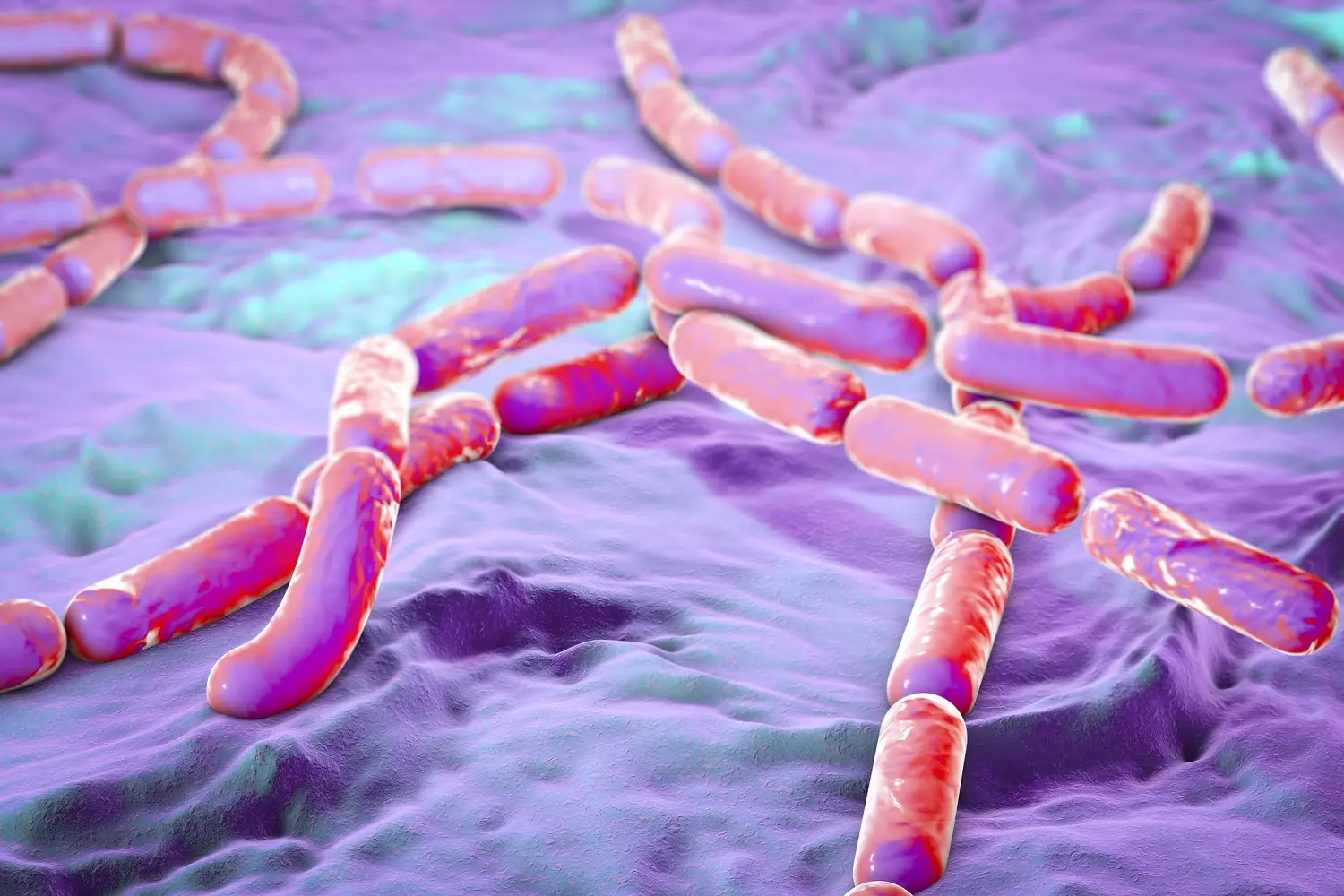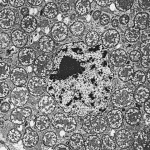Evolutionary proponents say that evolution is an elegant theory that can explain everything. I once agreed with them, having believed in evolution from the seventh grade until I was 24, but I now have a few issues. I believe that evolution cannot adequately explain the following:
The Origin of Life
The film Expelled; No Intelligence Allowed included clips of scientists admitting that they do not know how the first life came to be. They still believe that it did, and one even proposes (in both the film and in a scientific article) that the first “self-reproducing molecule” (DNA) may have developed on the back of a crystal, and this then led to life. No one would believe that plastic and glue models of DNA developed on the back of a crystal — why would anyone believe that DNA itself could? After all, DNA is billions of times more complex than any model of it.
The origin of DNA
The smallest known feel-living creature has a DNA code 1.3 million letters long, all twisted in a 3D ladder. It defies reason to expect any organism to survive while slowly evolving such a mindboggling number of genetic letters without any outside guidance.
The origin of proteins
Those DNA letters work together to spell out the codes for producing proteins, yet they cannot do this alone. As Expelled showed, the DNA is “read” by molecular machines, which translate the DNA code into information which is used by a complex array of machines to finally produce the complex, three dimensional chemicals that we call proteins.
The simplest proteins have 2,000 atoms in a precise three-dimensional shape. All of these complex machines and the DNA must exist when the cell is formed, or the cell cannot produce proteins, and the cell dies. This is why Sir Fred Hoyle said that “life on this earth must have come from some vast intelligence, and that intelligence may, for want of a better word, be called god”.
The Origin of Appetite
We all have appetites, but where did they come from? Each cell needs food and will die if it does not get it on time. The appetite for food is believed to have arisen in the first simple cell, and all later cells had it as well. But how does the cell know that it needs food? When it is out of a nutrient, there is a mechanism that senses the lack. How did that mechanism arise?
The Origin of Sexual Reproduction
With appetites in place and cells desperately eating everything they can get their cell walls around, why would they voluntarily give up part of themselves and give it to someone else? And if they wanted to, how would they? The process of sexually reproducing DNA rearranges the DNA – although this process does not add information to the genetic code, the information about how to rearrange the DNA has to be built into the DNA.
There is no information about where this information came from and no adequate theory for how or why it arose.
Then, the receiving organism, the “female,” has to have the mechanism to accept the “male” donation and use it to make a new organism. It has to do this without consuming the donated material. Yet, the appetites make it want to consume this material, which is ideally suited to it as a food source.
There also needs to be a mechanism for the female to rearrange her DNA, another mechanism for combining the donations from each parent, and yet another for splitting the new organism from the female. That is seven mechanisms in two different organisms at the same time and within the same drop of water.
And there are no viable theories to explain any of this.
The Origin of Multi-Cellular Life
How do cells know to stick together and not eat the nearby cells?
The origin of specialized cells
How do some cells produce enzymes they don’t need to be equipped to supply them to cells which do not produce them?
The origin of organs
A more extreme version of the above problem.
The Origin of “Self”
Cells recognize similar nearby cells as belonging to the same organism. They don’t eat them and often cooperate with them. Why? And how? And now explain that for microbes (don’t eat your young)
The origin of symbiosis
How can small, tasty fish and shrimp swim into the mouths of predators and clean off the parasites without being eaten? Especially since some of those predators swim across the entire ocean, so all members of that species would have to recognize the cleaner fish and cleaner shrimps or they would eat them. How could such behavior begin and be passed on to offspring that never interact with their parents?
The origin of programmed cell death (apoptosis)
Why would cells throughout the body die on a scheduled basis?
The Origin of our Beliefs in Right and Wrong
How can this arise? And who can say that anyone’s version of right and wrong is better than anyone else’s? Yet, we all accept that the concept of right and wrong is correct. The origin of this universal belief must be universal, yet evolution cannot explain how this came about.
The Origin of Love
We all believe that love exists. How did it originate? Evolution cannot explain where love came from, just point to its usefulness once it arose for no reason.
The Origin of …
So, what can evolution explain? Evolution can explain the retention of all of these features as natural selection removes defectives from the gene pool, so only organisms with few or no defective features remain.
By the way, according to Wikipedia, “Edward Blyth wrote three articles on variation, discussing the effects of artificial selection and describing the process of natural selection as restoring organisms in the wild to their archetype (rather than forming new species). These articles were published in The Magazine of Natural History between 1835 and 1837.“
As a creationist, he was arguing for natural selection as causing speciation while preserving the original created kind. Thus, natural selection is equally applicable to evolution and creation models.
Speciation, as observed, splits kinds into new groups but does not create anything new. Natural selection does not provide evidence for upward evolution.
And the theory of evolution cannot explain the origin of … anything.
But biblical creation does explain … everything.
Our trust should be in Jesus Christ.
For an example of how to – and how not to – respond to these arguments, see the Answers in Genesis article: The Darwinian Gestapo. We are called by Jesus to respect the humanity and dignity of all people and keep our focus on the evidence.







